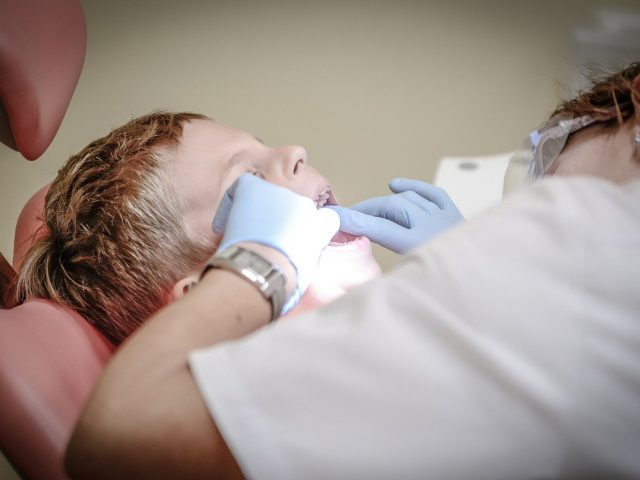Type 2 diabetes is a serious condition that affects millions of Americans every day. Some actions can exacerbate diabetes, while others can help reduce its effects or even allow people to enjoy a normal life again. It’s important to properly and diligently manage type 2 diabetes in order to avoid more serious health complications, like kidney failure and cardiovascular disease. But how exactly can you manage type 2 diabetes?
Klotho Protein Therapy
Klotho protein is a naturally occurring protein in the body. Researchers have linked lower levels of klotho protein in the body to a number of age-related health complications, including type 2 diabetes. This has led scientists to explore a potential treatment using klotho protein. In 2018, researchers at Yale School of Medicine discovered that klotho protein interacts with a hormone called FGF21 to stimulate insulin sensitivity and therefore glucose metabolism and lead to weight loss. A klotho therapy has not yet been developed for clinical use, but scientists are working towards making this a possibility in the near future.
Diet
Diet is a big part of any diabetes treatment plan. Eating the right foods can go a long way in helping you keep your blood glucose levels in check and helping you maintain a healthy weight. When eating for diabetes, think variety. Choose plenty of vegetables, fruits, and whole grains, but steer clear of fried and greasy foods, foods high in salt, sodas, and foods high in processed sugar.
It’s important to understand that it’s not just what you eat, but also how much you eat. If you’re having trouble managing your diet, consider working with a registered dietician. Registered dieticians work with individuals to help them meet their health goals while ensuring they get all of the required daily nutrients through a balanced eating plan.
Exercise
Exercise helps lower blood glucose levels in two ways: It increases insulin sensitivity, meaning that your body can use available insulin in the blood to process glucose, and your muscles can use glucose for energy during exercise. When you exercise, your blood glucose levels will decrease over the next 24 hours. This is temporary, but when you’re active on a consistent basis, this can help decrease your blood glucose levels in the long-term (eventually also reducing your A1C levels.)
Medication and Insulin Therapy
For people who aren’t able to manage diabetes with lifestyle changes, there are a number of medications available to help them lower blood glucose levels. The goal of insulin therapy is also to reduce blood glucose levels. This is achieved by injecting external sources of insulin to supplement what the body is not producing.
The type of medication prescribed to you by your doctor will depend on your blood glucose levels as well as your overall health history.
Have Questions About How You Can Manage Type 2 Diabetes?
If you’ve been diagnosed with type 2 diabetes and would like to know additional ways in which you can successfully manage blood glucose levels, talk to your doctor. Your doctor and diabetes care team are there to answer your questions and help you achieve optimal health while managing type 2 diabetes.



